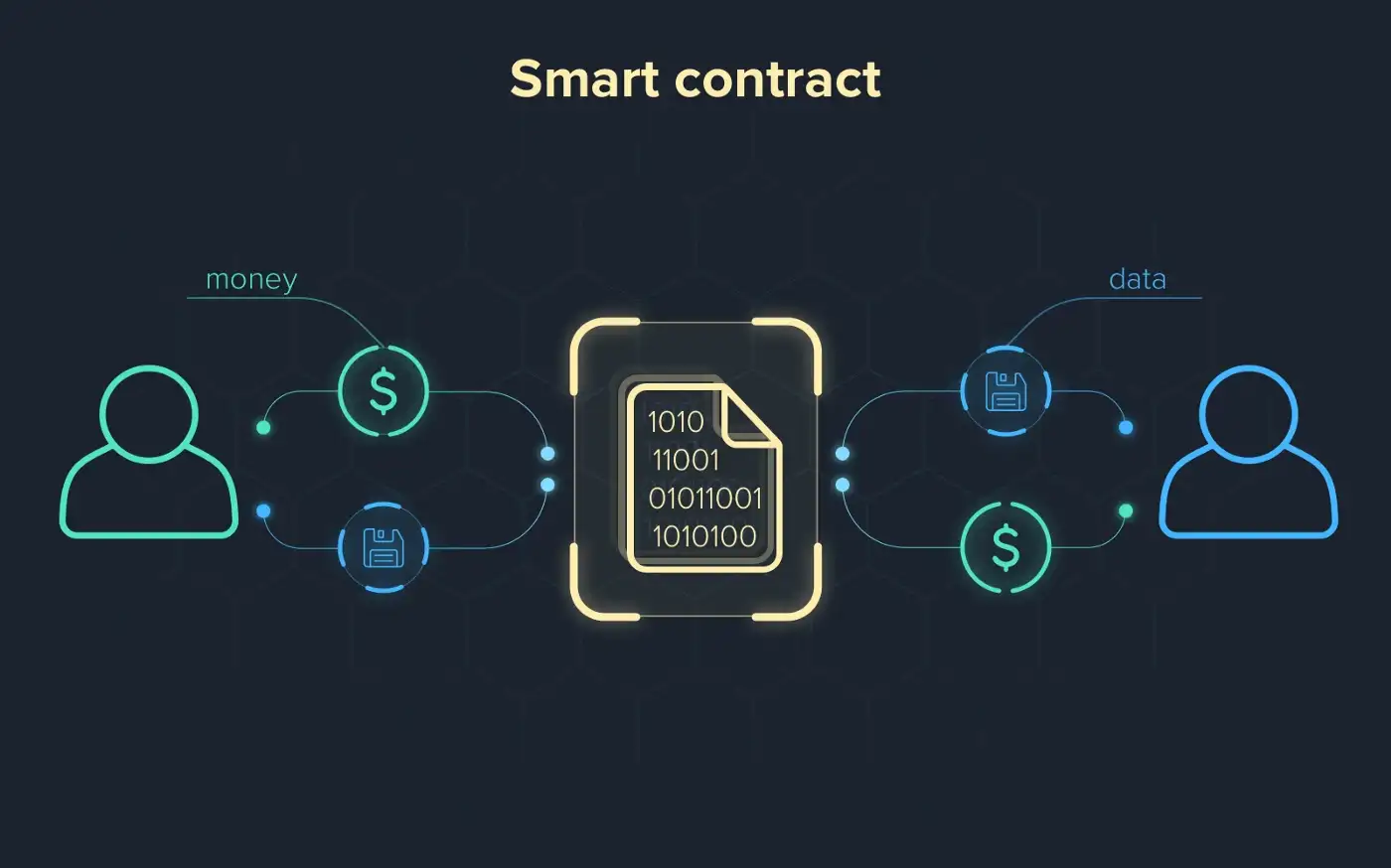Why are Smart Contracts engulfing most of the pre-existing Financial Services Industries?

One can never deny the fact that since the inception of Blockchain, its use cases, potentialities as well as reliability has always been debatable. Moreover, the series of infamous Bitcoin scams like BitKRX scam of Fake Bitcoin Exchange, the Ponzi Scheme of MiningMax as well as ICO scams also made it incredibly troublesome for this technology to reach the zenith of its glory.
Although these scams had nothing to do with Blockchain itself but the majority of the population wrongly perceived it. In fact, this is one of the most imperative reasons why most of us initially saw Blockchain technology as incapable of challenging the deep-rooted and traditional financial systems.
However, with the advent of Ethereum as well as Smart Contracts, the world soon realized that Blockchain is far more capable than they had possibly imagined. Keeping in mind the capability of a Smart Contract to solve some literally complicated issues, the idea Blockchain to be in the mainstream seems inevitable. While this might be a boon for many, it quite certainly is a curse for some of the most prominent industries as of now.
Smart Contract as a Game Changer
In order to understand and acknowledge the fact that smart contracts are indeed a game-changer in the FinTech world, it’s literally crucial for us to understand the complicated issues that smart contracts actually eliminate.
To begin with, smart contracts can simply be defined, in layman’s terms, as an automated business logic that allows no external interference once deployed and also ensures transparency as well as reliability.
To be precise, we can trust smart contracts because of the two most crucial properties it inherits from Blockchain technology, i.e., Immutability and Distributed.
Now as we understand the problems solved by smart contracts, we will gradually understand how it challenges the already existing systems in the FinTech world.
So, What blockers do smart contracts eliminate?
1. Complete Elimination of Third Party Interference:
This is undoubtedly one of the most powerful issues solved by smart contracts. Since the evolution of the finance as well as business industries, any kind of transactions, exchange or businesses have always existed within the observation of a third party. This was firmly believed initially that eliminating the third party is never an option.
However, smart contracts solve this major issue completely. And it does it in three imperative steps.
Step1. Storing Business Rules: Since the inception of the digital world, it was never possible to convert your entire rules and regulations for your business into lines of code. However, with smart contracts, there is a reliable procedure to codify your rules with an assurity that those rules will be followed at any given time.
Step2. Verifying Rules: Smart contracts not only store rules but also verify them. Any transaction made is first validated on various factors like the amount sent, who is the sender of the amount, who will receive it etc. Verification thus increases the reliability of such contracts to several folds, moreover without any third party.
Step3. Self Execution: All these procedures of storing as well as verifying would terribly fail if smart contracts were unable to execute themselves and needed someone else to trigger it.
Well, quite fortunately, Smart Contract solves this hurdle as well since it is automated and executes the rules whenever a business logic or condition is met. Thus it can execute without any interference from any third party.
2. Securing the Finance World
Security has always been one of the deepest concerns for any industry which needed an effective solution.
Smart contracts solved this issue with an incredibly effective solution. Transactions that take place within such contracts aren’t simply stored in a database.
Instead, every such transaction is first encrypted and then stored on a distributed ledger thus making it impossible to be changed or modified.
3. Reducing High Costs
One can never deny the fact that any business agreement or financial exchanges involves enormously high costs throughout the entire journey. Moreover, since the pre-existing financial industries never eliminate the third party, the costs of any negotiation as well as agreements always go high.
However, a standardized smart contract code and proper set of rules have already proved to be much cost efficient than the traditional methods.
4. Incredibly High Speed
Although the costs have always been high, the traditional finance industry has been really slow in its process of execution.
Let’s consider an example of a person requesting a loan from bank. This entire process, since the inception to end involves a lengthy list actions like Fund approvals, necessary paperwork, getting signatures from intermediaries involved etc. And even after this incredibly time consuming as well as costly procedure you are never ensured the level of security you deserve.
On the other hand, smart contract simplifies this complicated process into a simple one by just identifying you with your digital identity on blockchain, approving your loan and transfer of ownership in just few minutes.
Moreover, as soon as the entire procedure is complete, the entire transaction is added to the blockchain which is immutable, transparent as well as secure. Thus assuring a high level of security and trust in comparatively less time and cost.